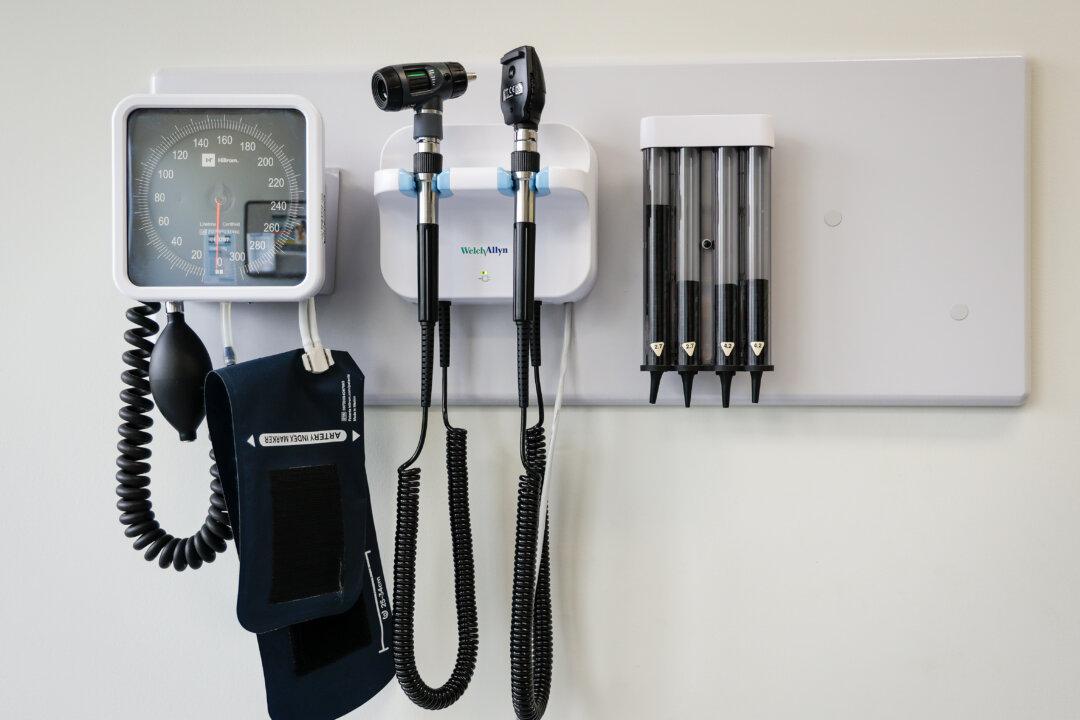Long wait times in Canada’s health-care system have Canadians worried they won’t receive life-saving treatment when they need it, a new government report has found.
The shortcomings of Canada’s publicly-funded health-care system are causing anxiety for many Canadians who fear “delays in tests or treatment,” according to in-house research by the Department of Health, which was first obtained by Blacklock’s Reporter.





